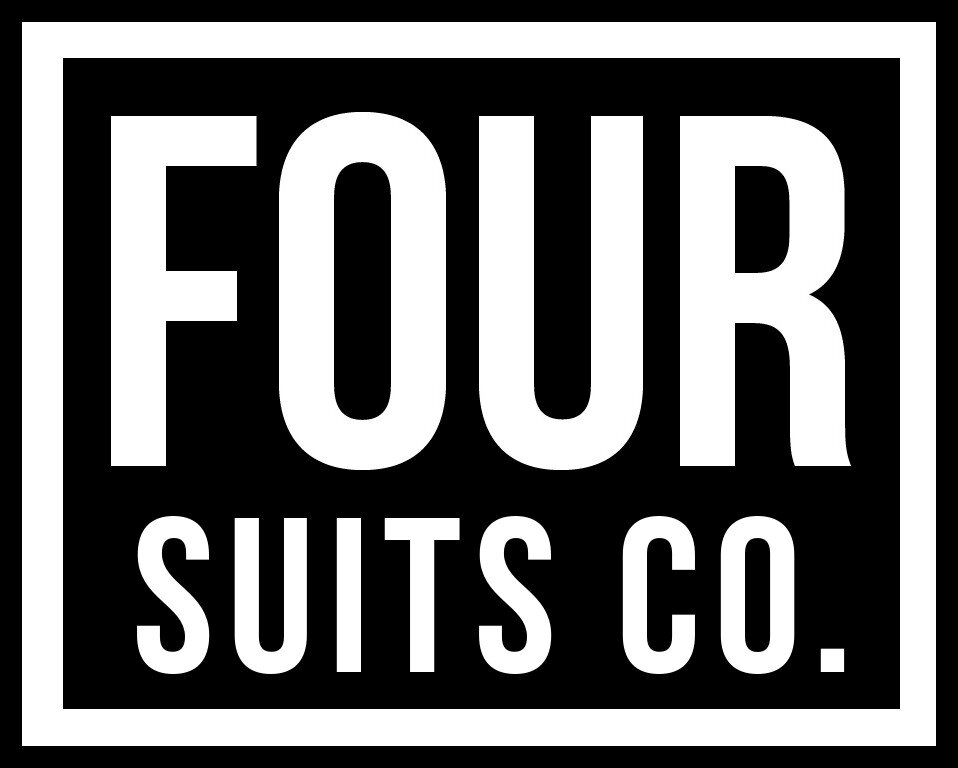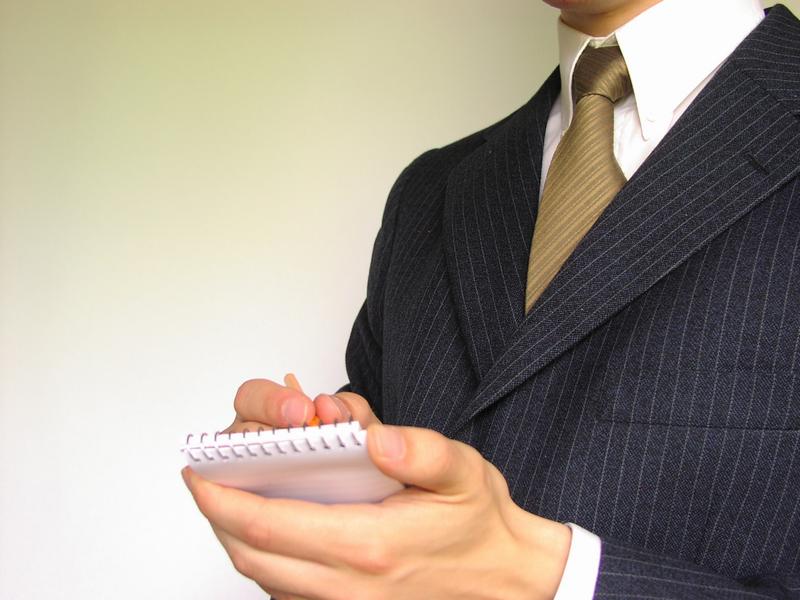Weirdest thing when you think you’ve written a blog post called “Pushing the Vision” and are searching for it to link to it but you actually haven’t written it yet.
Here’s the thing: in 2018 FISM, there are 31 performance awards. 8 magicians from Spain placed top 3 for these awards. South Korea fielded 7 magicians who placed. USA fielded 0. Zero.
2015 FISM sees similar numbers: 7 from Spain, 7 from South Korea, USA 0.
2012 FISM -- 8 South Korea, 1 Spain, USA 1.
What the actual fuck is going on here? What are we doing so very wrong here that they’re doing so very right in Spain and South Korea?
I don’t have an answer, but I do know how these contests are judged, and they’re judged based around the progression and pushing of a certain vision. Now, this vision can be how an item is produced or conjured, or it can be about an application of an idea. But one thing is for sure, based on the people who I’ve talked with who attended FISM 2018, USA is behind, far behind. Yes, we’re amazing at branding and taking things into a commercial level, but as far as actual content goes, we’re horrible. I mean, take a look around, this exists in the US in more places than just magic. Granted, this exists in many places, but I’m not here to say excuses for ourselves, we’re a great place, and I’m blessed to be here. And I fucking love my country, but god damn are we horrible innovators in any remotely creative realm in magic right now.
I just got off the phone with H.A., who quoted a business owner saying “We don’t hire magicians, they kind of just come here and do it for free.”
First of all: if you’re that magician (or just that performer in general), please just stop. Not because you’re ruining it for the rest of us, but because you’re ruining it for yourself. If you want practice, join a mutual interest group, do it for your friends. If you’re doing it out in the world, at someone else’s place of business (enhancing their environment), you should be getting paid, it’s that simple.
But, this brings us to mutual interest groups now, magic clubs, etc. Honestly, some magic clubs absolutely kill magic. I sometimes go to these gatherings and end up hating magic more coming away from it than I did going into it. It’s a marvel how creativity can die in a place where it’s supposed to be generated.
I asked magicians a while ago if they’d pay to be critiqued. Some of them said they get it for free whenever they perform. I’ve got news for you who think this: no one is critiquing you like you deserve to be critiqued. Other magicians critique you in a way that benefits them, and most audiences aren’t critiquing you unless you only perform for sociopaths. Here’s an example that might make it a bit more understandable: You ever hear a comedian make a shitty joke at a comedy mic? Yes, you definitely have. Have you gone up to every bad joke telling comedian and critiqued them on their jokes? No, you definitely haven’t.
I’m starting a focus group dinner session in LA. If you’re around, and give any shits about magic, you’re invited. Let’s Push the Vision together.
-- J.R.











